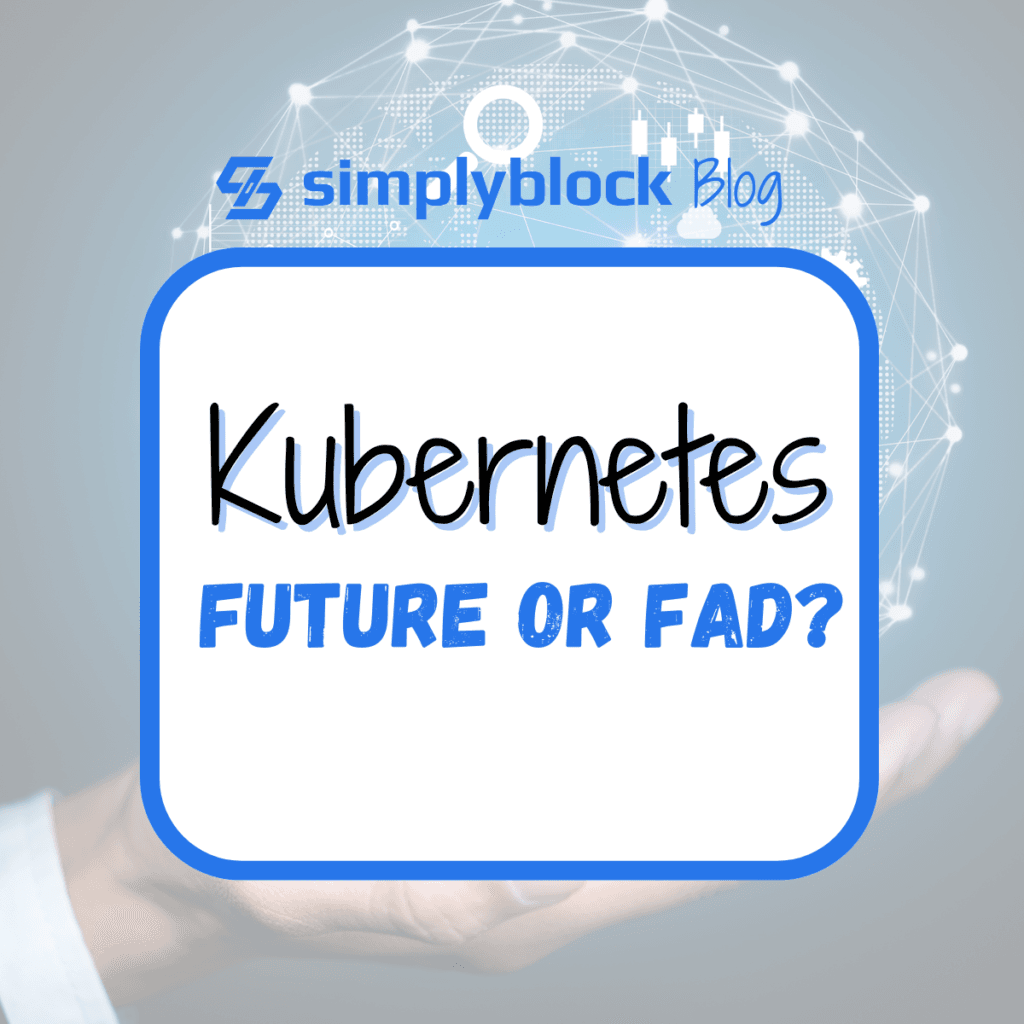Building AI Agents with Java and Semantic Kernel | Bruno Borges
Aug 23rd, 2024 | 6 min read

Introduction:
This interview is part of the simplyblock Cloud Commute Podcast, available on Youtube , Spotify , iTunes/Apple Podcasts , and our show site .
In this episode of simplyblock’s Cloud Commute podcast, Chris Engelbert interviews Bruno Borges, Principal Product Manager at Microsoft, about building AI agents using Java and Microsoft’s Semantic Kernel. Bruno discusses Microsoft’s contributions to the Java community, the power of integrating AI into applications, and the role of open-source initiatives in modern development. From Java’s role at Microsoft to the practical implementation of AI, this episode offers valuable insights into the future of software development.
Key Takeaways
What is Microsoft Build of OpenJDK, and how does Microsoft use Java?
Microsoft Build of OpenJDK is a custom distribution of OpenJDK developed by Microsoft to provide an optimized Java runtime for various platforms. Internally, Microsoft runs 2.5 to 3 million JVMs to power key systems like LinkedIn, Minecraft, Bing’s search backend, and Azure’s Control Plane. This internal use underscores how essential Java has become for Microsoft’s infrastructure, supporting everything from search functionality to managing global data centers.
How does Microsoft’s Semantic Kernel Work with AI?
Semantic Kernel is an open-source library that integrates AI and LLMs into applications. It enables developers to add intelligent features by orchestrating tasks based on simple natural language prompts. This makes it easy to automate workflows such as retrieving data, sending emails, or performing complex tasks by chaining AI-driven functions in response to a user’s input. Semantic Kernel helps developers build AI agents that enhance productivity and streamline business operations.
What Role does Java Play in Microsoft’s Azure and other Internal Systems?
Java powers several critical systems at Microsoft, particularly in Azure’s Control Plane, which manages data center operations and resource orchestration. Java also underpins Bing’s search engine and LinkedIn’s backend, ensuring efficient handling of millions of queries and operations across these services. Microsoft’s infrastructure relies on Java for its scalability and reliability, making it indispensable in handling vast amounts of data and managing cloud operations.

In addition to highlighting the key takeaways, it’s essential to provide deeper context and insights that enrich the listener’s understanding of the episode. By offering this added layer of information, we ensure that when you tune in, you’ll have a clearer grasp of the nuances behind the discussion. This approach enhances your engagement with the content and helps shed light on the reasoning and perspective behind the thoughtful questions posed by our host, Chris Engelbert. Ultimately, this allows for a more immersive and insightful listening experience.
Key Learnings
What is Microsoft’s Role in the Java Developer Community?
Microsoft plays a significant role in supporting the Java community through its contributions to open-source projects like Microsoft Build of OpenJDK and its development tools such as Visual Studio Code and GitHub Copilot. These tools empower Java developers to code more efficiently, with seamless integration into modern cloud environments and support for large-scale projects.
Simplyblock Insight:
Simplyblock’s cloud storage solution is designed to handle the demands of high-IO Java applications, offering high-speed access, automatic scaling, and reliable storage. Whether you’re building large-scale enterprise systems or smaller cloud-native applications, simplyblock provides the tools to support your projects, allowing you to focus on development without worrying about performance bottlenecks or infrastructure management.
What is the Semantic Kernel, and how does it Integrate with LLMs?
Semantic Kernel allows developers to integrate large language models (LLMs) into their applications to perform intelligent tasks. It provides a framework for AI orchestration, enabling developers to link different capabilities like data retrieval or task execution through simple prompts. This makes it easy to build AI-powered applications that respond intelligently to user commands, automating tasks and improving efficiency.
Simplyblock Insight:
Running AI-driven applications requires a robust infrastructure capable of handling significant computational loads. Simplyblock offers an optimized cloud storage solution designed to scale as AI demands increase, ensuring that applications using LLMs can perform complex tasks without slowdowns or interruptions. With simplyblock, AI-powered applications can handle large datasets and deliver fast results, enhancing user experience and business efficiency.
How does WSL2 help Developers Run Linux on Windows?
Windows Subsystem for Linux 2 (WSL2) allows developers to run a full Linux kernel on a Windows machine. It makes it possible to compile and run Linux binaries, such as OpenJDK, without leaving the Windows environment. WSL2 provides an integrated development experience for developers working across platforms, making it easier to create cross-platform applications.
Simplyblock Insight:
For developers working in hybrid environments, simplyblock offers the flexibility to provide storage to both Windows and Linux workloads seamlessly. By enabling cross-platform compatibility and providing high-performance infrastructure, simplyblock ensures that your development environments mirror production environments, whether they are Linux- or Windows-based, ensuring a smoother transition from local development to deployment.
What Open-source Projects does Microsoft Support for Java Developers?
Microsoft actively supports several open-source initiatives for Java developers, including its Build of OpenJDK, extensions for Visual Studio Code, and GitHub Codespaces. These tools provide Java developers with a robust set of resources for building, testing, and deploying Java applications efficiently. Microsoft’s commitment to open-source projects enhances the developer experience by providing reliable and widely used tools.
Simplyblock Insight:
Supporting open-source development requires cloud platforms that can scale efficiently and provide high reliability. Simplyblock’s cloud storage solution is designed to facilitate the development and deployment of open-source projects by offering automated scaling, fault-tolerant architecture, and fast provisioning. With simplyblock, developers can confidently scale their Java applications without performance constraints, helping them to innovate and iterate more quickly.
Additional Nugget of Information
What is the Significance of Remote Development Environments for Modern Developers?
Remote development environments allow developers to work in powerful cloud-based environments, mimicking production systems for better testing and collaboration. These environments remove the limitations of local machines and ensure that developers can work in resource-intensive environments without sacrificing speed or accuracy.
Conclusion
As a Java developer, you’ll find plenty of opportunities to explore how Microsoft supports your development needs. With tools like Microsoft Build of OpenJDK, Semantic Kernel, and WSL2, you can build smarter, more scalable applications that take advantage of both AI and cross-platform development capabilities. Microsoft’s open-source initiatives, combined with tools like Visual Studio Code and GitHub Codespaces, empower developers to innovate at a faster pace.
With simplyblock’s cloud infrastructure, you get the reliability and scalability necessary to take full advantage of these tools. Simplyblock provides optimized solutions that ensure your Java applications, AI-driven workloads, and development environments run smoothly—allowing you to focus on building without worrying about infrastructure challenges.
For more expert insights and the latest developments in cloud and software technology, be sure to tune in to future episodes of the Cloud Commute podcast!



